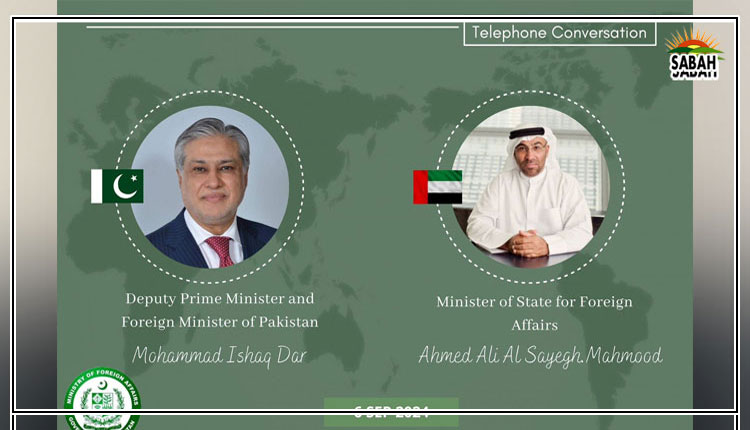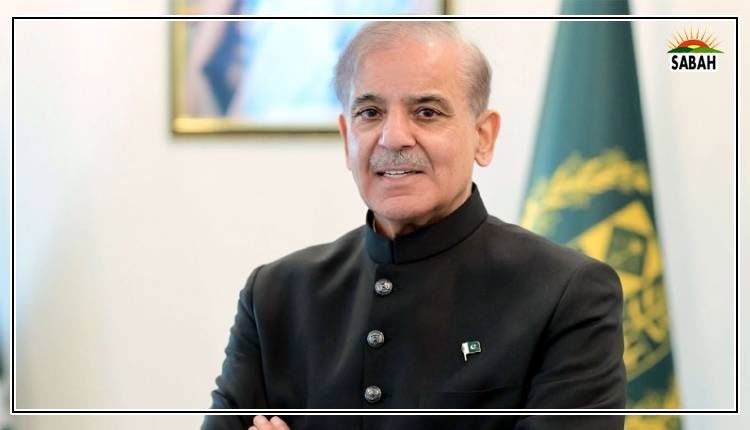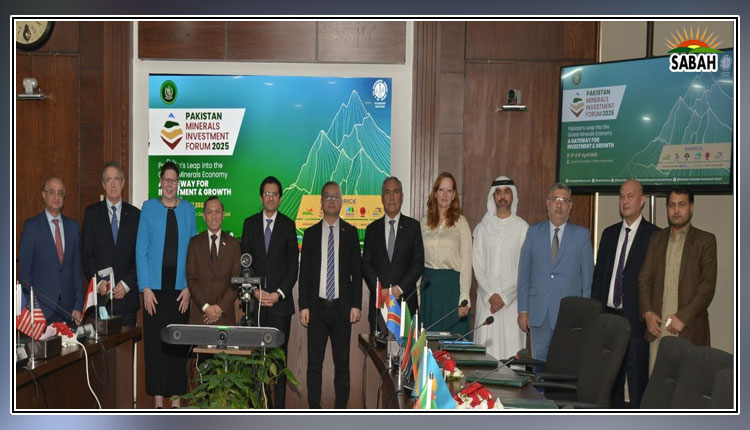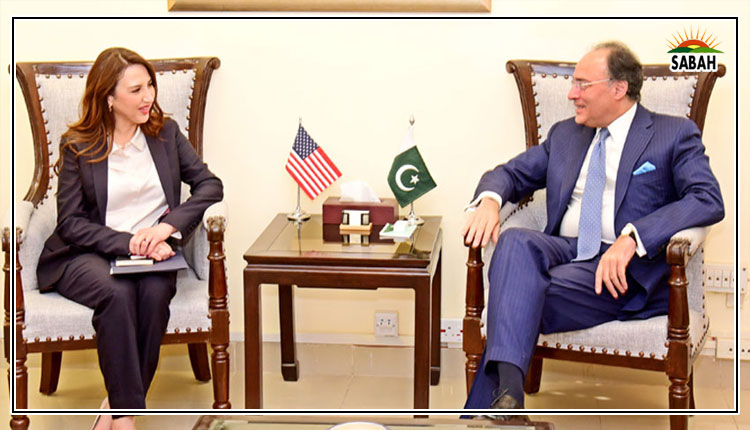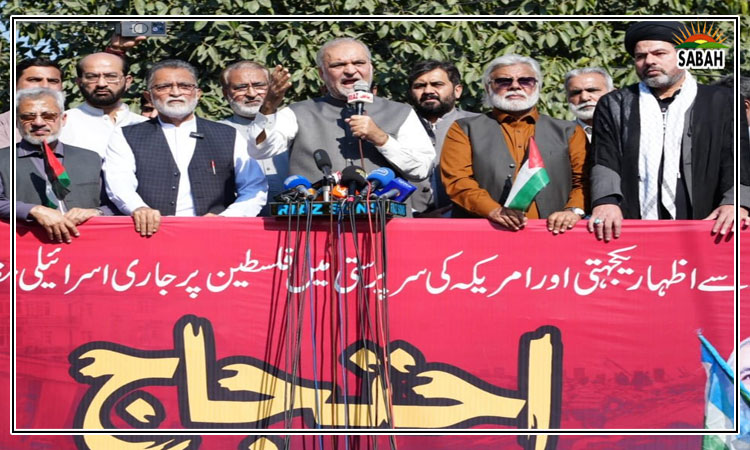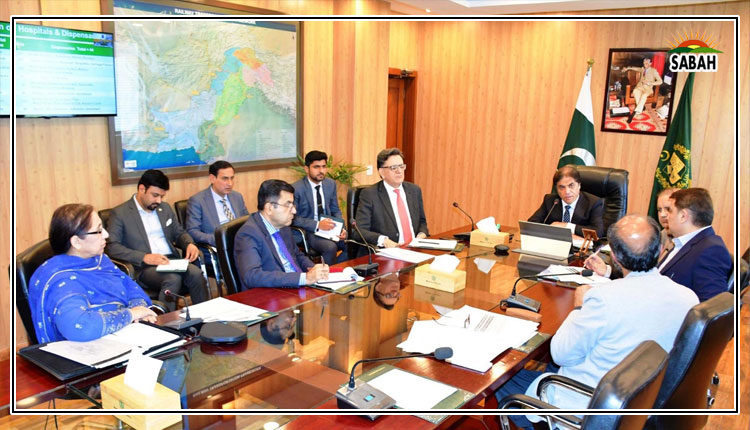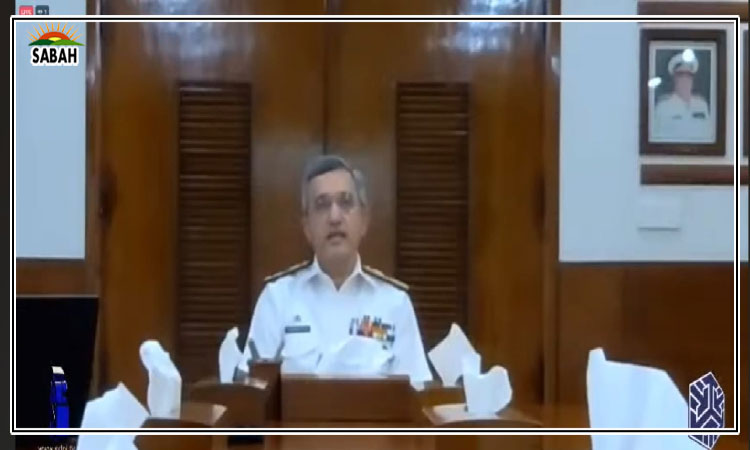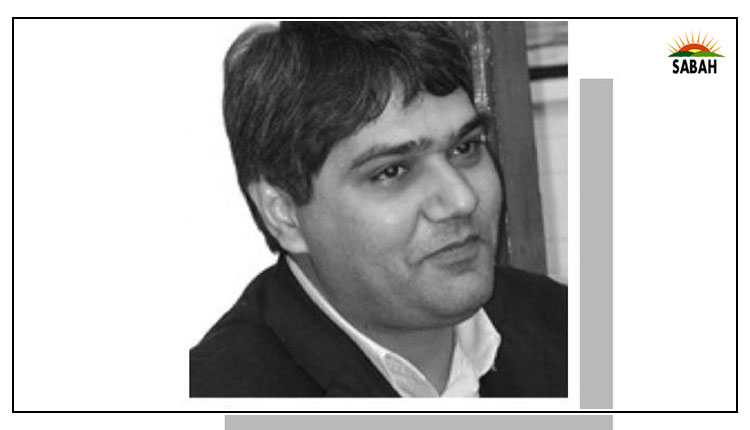Ambiguous approaches….Muhammad Amir Rana
ONE cannot think that Pakistans strategists do not recognise the policy objectives they tend to follow in Afghanistan. But they might keep these objectives largely vague in the public domain, generating confusion. Still, many insist that Pakistan has a policy but that it is camouflaged with notions such as strategic depth and friendly regime. Distractions might have their use in the given geopolitical context. But if these lead to internal security issues and public mistrust then lucid policy lines would serve the national interest better.
Defence Minister Khawaja Asif has been a staunch critic of the former PTI governments Afghan policy. He has repeatedly demanded that those who devised and facilitated the return of the TTP militants to ex-Fata be held accountable. However, his colleague Interior Minister Rana Sanaullah declared the militants reintegration as state policy. Interestingly, in an interview, Khawaja Asif held two former military dictators, Gen Ziaul Haq and Gen Pervez Musharraf, responsible for bringing the menace of terrorism to the country due to their flawed Afghan policy. But he did not explain how the ruling coalitions Afghan policy is different from that of Gen Zia or Musharraf. Nor are we aware of any process of consensus that led the government to the current Afghan policy.
The National Security Committee decided in its latest meeting to launch a comprehensive operation against the terrorists, but after the reaction of some coalition allies and others from KP the governments tone appears to have changed. The announcement of a military operation had created more confusion rather than built consensus.
This question of where the military operation will be conducted is a valid one. Security forces are already conducting successful intelligence-based operations against the militants, which may be expanded to a few more districts. These actions could be strengthened and made more useful, in terms of preventing terrorist attacks, by developing coordination and information-sharing among the law-enforcement agencies. It is of utmost importance to win the trust of the masses, especially those who were victims of previous military operations. Equally important is to be clear about the state policy regarding the TTP. Disturbing reports are coming from Swat, Tirah Valley in Khyber district, and other tribal districts that TTP militants have started their patrolling again and that their resettlement is ongoing.
Lucid policy lines would serve the national interest better.
Such news has triggered doubts that the state might not have changed its policy of settling and mainstreaming the TTP. If this is the case, then people have every right to question the military operation. If the old policy is back, can the Afghan Taliban guarantee the TTP will give up its weapons? One hopes the military leadership has taken the political leadership into confidence on these and other points.
The second aspect of ambiguity, which is directly linked to the first, is related to Pakistans approach towards the Taliban regime in Afghanistan. Pakistan claims that it has good relations with the ruling Taliban regime in Kabul but also repeatedly blames it for not stopping the militants from using Afghan soil to carry out their attacks on Pakistan. The state still needs to be clear about its ultimate plans to deal with this situation. There has been the option of acting on the Talibans advice to talk to the TTP and resettle the militants inside Pakistan, or to pay Kabul the cost of settling the TTP militants away from the border, deep inside Afghan territory. Many officials are also hinting at the option of conducting strikes against TTP hideouts in Afghanistan. But what is the ultimate strategy?
Speaking at the Ministerial Meeting of the Neighbours of Afghanistan in Samarkand last week, Minister of State on Foreign Affairs Hina Rabbani Khars advice to the international community centred on patience and reciprocity. She spoke of the need to be flexible and to continue engaging the Taliban. If Pakistan has shown a similar approach to the TTP and given more space to the Taliban regime then the power elites should have calculated the security, political and economic costs.
It must also be considered how much patience the citizens of Pakistan have. The TTP factor might have built up pressure on the Taliban regime but the latter is clever and knows how to handle such situations. The moderate face they showed to the world after the takeover of Kabul disappeared long ago and they have not fulfilled any of their commitments. They are good at deceiving allies. They did the same in the 1990s when Pakistan had demanded that they hand over the sectarian terrorists hiding in Afghanistan, but the Taliban had denied their presence. And they are doing the same now by maintaining that the TTP is not using their soil to launch attacks. Pakistan had no alternative approach earlier. Eventually, when the US and Nato dislodged the Taliban regime, the sectarian terrorists returned to Pakistan where many were killed by the police. But the situation is far more complicated this time, and Pakistan cannot show the same patience that it displayed in the 1990s.
In this backdrop, the power elites should reconsider their optimism regarding the Taliban and analyse the complicated relationship for the future. What happened to all the tall claims of transnational energy projects and trade corridors? Has any progress been made on these?
Pakistan might have back channels to talk to the Taliban. However, unless a formal and open composite dialogue with Kabul is initiated, ambiguity will persist about the intentions and design of our state institutions. A weak coalition government does not intend to intervene in the Afghan and security policies and is just interested in getting maximum political advantage. At one end, the government is using security affairs to delay the elections, while on the other it is giving an impression to its allies in KP and Balochistan that they are not steering the security and Afghan policies.
The writer is a security analyst.
Courtesy Dawn, April 16th, 2023


